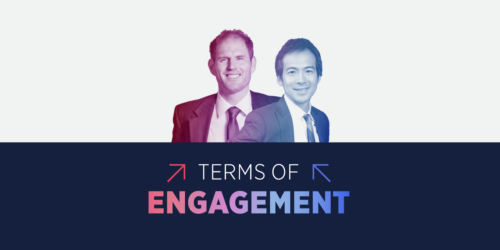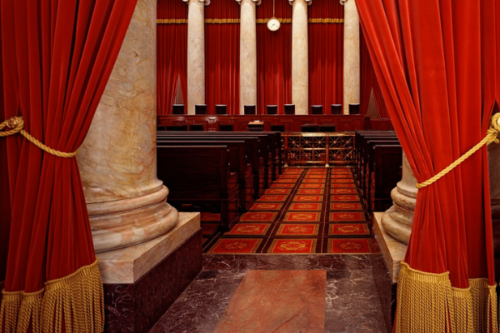Writing in the Southern California Law Review, HKS Professor of Public Policy Maya Sen, along with University of Chicago’s Adam Chilton, and Daniel Epps and Kyle Rozema of Washington University in St. Louis, provide an assessment of the impact that various term limit proposals would have on the composition of the Supreme Court.
As public dissatisfaction with the Court has grown, so too has the chorus of reform proposals that would fundamentally reshape how justices are appointed. “Many have found the case for term limits persuasive: commentators, politicians across the political spectrum, and even the American public have all expressed support for term limits,” write Sen and her co-authors in Designing Supreme Court Term Limits. Term limits, proponents argue, would prevent Justices from retiring strategically in order to try to maintain their party’s ideological advantages on the Court.
While term limit proposals differ in important ways, such as how the transition to the new system would work, most would have Justices serve for eighteen years with their tenures staggered so that two appointments would be made each presidential term. Although term limits appear to enjoy broad bipartisan support and also to be gaining traction among some on Capitol Hill, many discussions have been silent on many key design decisions, such as what would happen should the Senate refuse to consider a president’s nomination. Further, few have studied how this proposal would affect the actual composition of the Supreme Court.
The authors believe there are four design choices for term limit proposals that policymakers should consider when drawing up eighteen-year term-limit plans:
- First, how a plan handles the transition from the old system to the new can have significant implications.
- Second, how the plan deals with unexpected vacancies due to deaths or early retirements can undermine or advance some of the goals of reform.
- Third, plans should include some provision for dealing with the Senate impasse, given that obstinance by the Senate could unravel a reform designed to equalize appointments across presidencies.
- Fourth, policymakers should consider whether a proposal should include provisions meant to address the problems and potential conflicts of interest that may arise as justices near the end of their terms.
Sen, Chilton, Epps, and Rozema find that term limits are likely to produce dramatic changes in the ideological composition of the Court. While life tenure ostensibly insulates justices from political pressure, the authors argue that “it also results in unpredictable deaths and strategic retirements determining the timing of Court vacancies.” The Supreme Court, for example, has had extreme ideological imbalance for sixty percent of the time since President Franklin Roosevelt’s effort to pack the Court. Any of the major term-limits proposals floated in recent years would have reduced the amount of time with extreme imbalance by almost half. “If the goal is to prevent the Supreme Court from becoming ideologically extreme, then term limits would probably do a very good job with that,” added Sen.
Written by Daniel Harsha, Associate Director of Communications and Strategic Initiatives




